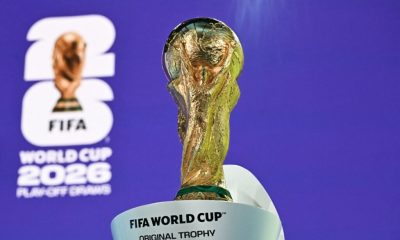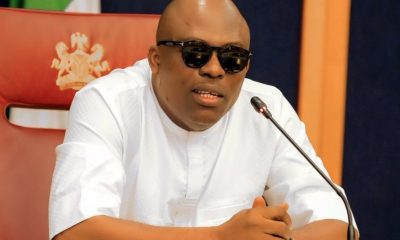The World Bank has warned that high inflation is frustrating Nigeria’s economic recovery and eroding the purchasing power of the most vulnerable households in the country, noting that country is expected to have of the highest inflation rates in the world and the seventh highest in Sub-Saharan Africa in 2022.
The global financial institution stated this in its latest edition of the World Bank’s Nigeria Development update.
It stated that high inflation hampers the country’s attempt to achieve economic recovery and erodes the purchasing power of most vulnerable households.
The document read in part, “High inflation is frustrating Nigeria’s economic recovery and eroding the purchasing power of the most vulnerable households. In the absence of measures to contain inflation, rising prices will continue to diminish the welfare of Nigerian households.”
READ ALSO: Inflation: NBS statistics defying market reality
The bank further highlighted the adverse effects of inflation on Nigeria, which include pushing eight million Nigerians into poverty, and the possible disruption of consumption, investment and saving decisions, among other consequences.
“If inflation had been closer to the CBN’s goal of nine per cent in 2021, the average Nigeria’s consumption would have been 15 per cent higher, and eight million Nigerians would have not fallen into poverty.
“If double-digit inflation persists during 2022-2023, rising prices will distort consumption, investment, and saving decisions of the government, households, and firms, with adverse ramifications for long-term borrowing and lending.
Meanwhile, Nigeria’s foreign reserves closed 2021 above $40 billion despite heavy withdrawing in the month of December.
Data from Central Bank of Nigeria (CBN) showed that as at 30 December 2021, Nigeria has in its dollar account $40.52 billion compared to $35.37 billion it ended 2020 and $38.59 billion in 2019.
The last time Nigeria ended the year above $40bn was in 2018 when CBN reported $43.11 billion.
However, compared to 2018, Nigeria’s dollar reserves in 2021 was largely helped by the $4 billion debt it secured through Euro Bond and also International Monetary Fund Special drawing rights deposit of $3.35 billion.

 Featured1 week ago
Featured1 week ago
 Business1 week ago
Business1 week ago
 News6 days ago
News6 days ago
 Football1 week ago
Football1 week ago
 Football1 week ago
Football1 week ago
 Latest1 week ago
Latest1 week ago
 News5 days ago
News5 days ago
 Education7 days ago
Education7 days ago

